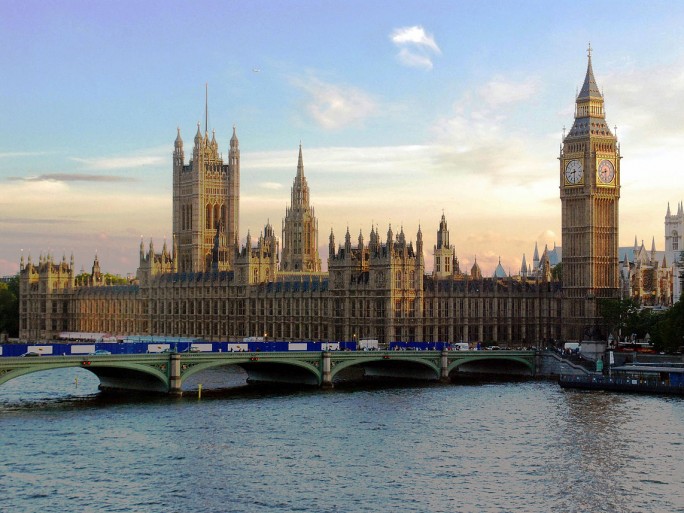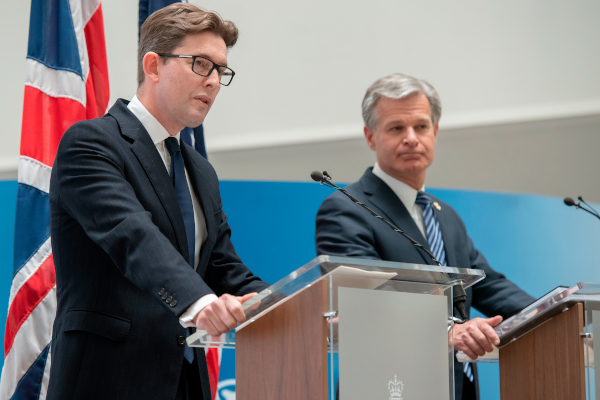UK Government Blocks Newport Wafer Fab Acquisition, Citing National Security

Dutch chipmaker Nexperia (owned by a Chinese firm) is ordered to sell majority stake in Newport Wafer Fab on national security grounds
Business Minister Grant Shapps on Wednesday issued a ‘final order’ from the government concerning the sale of the UK’s largest chipmaking facility, Newport Wafer Fab (NWF).
The government blocked the takeover of NWF by a Chinese-owned Dutch chipmaker, citing “a risk to national security.”
The UK is not the only country clamping down on the sale of national assets to Chinese entities. Earlier this month Germany blocked the purchase of automotive chip supplier Elmos Semiconductor by Silex – a Swedish company that is a subsidiary of Chinese group Sai Microelectronics. Berlin stated the sale would be a risk to national security.
![]()
Newport Wafer Fab
The UK case however began back in July 2021 when it was revealed that Newport Wafer Fab was being acquired by Dutch chip firm Nexperia for just £63 million ($87 million).
Concerns immediately surfaced over the fact that Nexperia is in turn owned by a Chinese chip firm called Wingtech Technology.
Newport Wafer Fab is based in Newport, Wales, and it is a high volume 200mm wafer fab that makes silicon chips used in power supply applications for the car industry.
The fab has also been developing more advanced “compound semiconductors,” which are faster and more energy efficient.
NWF also makes the wafers that electronic circuits are printed onto, and it manufactures some 32,000 wafers a month.
Some of its work is also potentially sensitive as Newport Wafer Fab has over a dozen UK government research contracts.
Indeed, at least one of contracts involves developing chip technology for a radar system that would be used in fighter jets.
As soon as the Nexperia acquisition was announced last year, national security concerns were immediately raised by Tom Tugendhat MP, leader of the UK government’s China Research Group and chairman of the Foreign Affairs Select Committee.
Tugendhat at the time voiced his concerns that the UK was selling a prized asset to a Chinese-owned company, when there was a global chip shortage.
National security review
Just a couple of days after that concern was voiced, former Prime Minister Boris Johnson ordered a review of the acquisition of Newport Wafer Fab.
Then in May this year, the government’s full national security review of the purchase finally began.
In July former business secretary, Kwasi Kwarteng delayed making a decision on the deal for another 45 days until 5 September.
A decision about the deal was delayed in September, and then again in October.
Government order
But now the UK has issued its ‘final order’ and has blocked the deal on national security grounds.
“The Secretary of State for Business, Energy and Industrial Strategy (“the Secretary of State”) has made a final order pursuant to section 26 of the National Security and Investment Act 2021 (“the Act”), which comes into force on 16 November 2022,” the government stated.
The Secretary of State said he considers that a risk to national security relates to:
- technology and know-how that could result from a potential reintroduction of compound semiconductor activities at the Newport site, and the potential for those activities to undermine UK capabilities; and
- the location of the site could facilitate access to technological expertise and know-how in the South Wales Cluster (“the Cluster”), and the links between the site and the Cluster may prevent the Cluster being engaged in future projects relevant to national security.
“The order has the effect of requiring Nexperia BV to sell at least 86 percent of NNL within a specified period and by following a specified process,” said the government. “The Secretary of State considers that the final order is necessary and proportionate to mitigate the risk to national security.”
China concerns
It comes after the US in September restricted exports to China of advanced chipmaking tools and artificial intelligence chips.
US firms receiving federal funding under the US Chips and Science Act (Chips) are also banned from investing in China.
America has made repeated warnings about China’s intentions.
In July the heads of the FBI and MI5 in an unprecedented speech warned about the ‘immense’ threat posed by Chinese government’s espionage operations.

They warned UK business leaders that the Chinese government was “set on stealing your technology, whatever it is that makes your industry tick, and using it to undercut your business and dominate your market”.
In October China president Xi Jinping called for his country to “win the battle” on strategically important technologies, days after the US dramatically expanded trade sanctions aimed at crippling China’s tech initiatives.